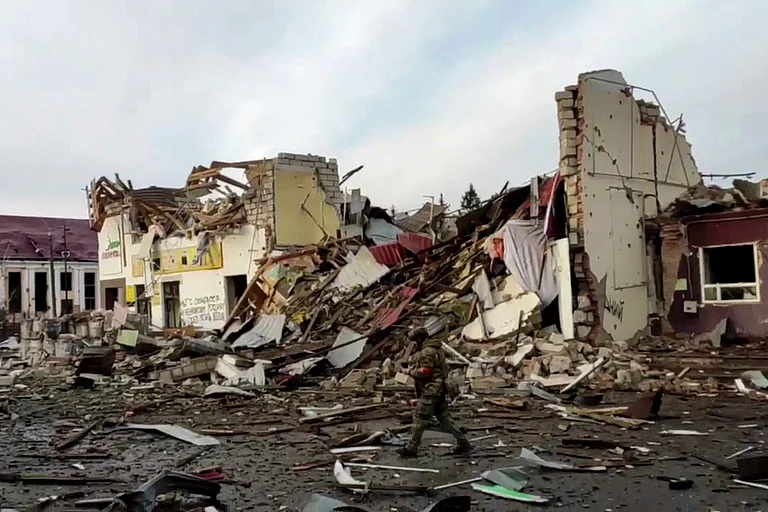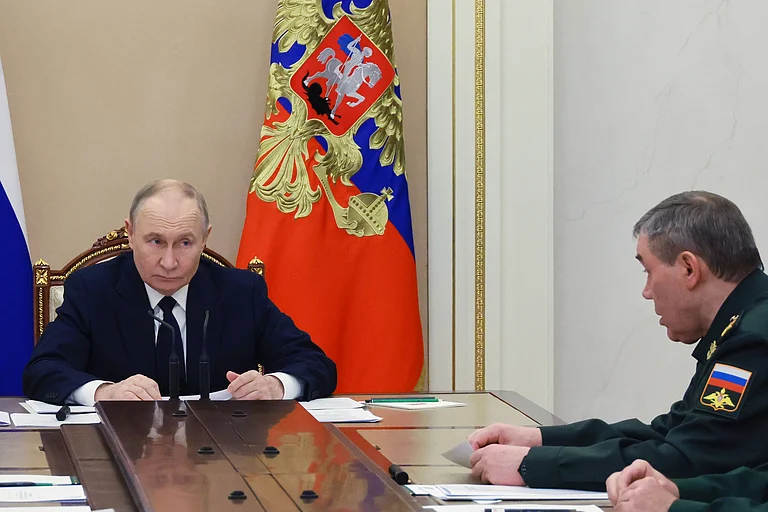The family of Alexei Navalny, a prominent Russian opposition leader, is demanding the return of his dead body amidst accusations that Russian authorities are hiding evidence of what they claim is a Kremlin-sponsored murder.
The Russian prison service announced on Friday the death of Alexei Navalny, the country's most outspoken opposition figure. Navalny was 47 years old.
“They are trying to cover traces, this is why they are not giving the body to his family and this is why they are just hiding him from them,” Kira Yarmysh, Navalny’s press secretary told BBC, as 69-year-old Lyudmila, his mother, and a lawyer battled to retrieve his body in the city of Salekhard.
“We know for sure that it wasn’t just a death, it was a murder.”
At least 359 people have been detained at the time of writing at events across 32 Russian cities, according to rights group OVD-Info, since Navalny’s death was announced on Friday.
Western governments have blamed Russian authorities for the sudden demise of the 47-year-old opposition leader. Foreign ministers from the G7 group of wealthy nations urged Russia to "urgently clarify" the circumstances surrounding Navalny's death.
Russian President Vladimir Putin has not publicly addressed the matter since the announcement by the Russian prison service of Navalny's illness and subsequent demise at the remote IK-3 prison in the Arctic Circle.
Russia's Foreign Ministry stated that it rejected "biased and unrealistic" assessments over his cause of death made during a meeting with British officials on Saturday.
About Russian Opposition Leader Alexei Navalny: Alexei Navalny was born on June 4, 1976. He studied to be a lawyer and began anti-corruption activism. Over the years, he gained worldwide recognition as one of the fiercest critics of Vladimir Putin, the Russian leader who has ruled the country since 1999.
The Associated Press noted that Navalny's rise in Putin's Russia as his critic was extraordinary as he continued to grow in a country where "political opponents often faded amid factional disputes or went into exile after imprisonment, suspected poisonings, or other heavy repression".
The AP further noted, "He faced each setback —whether it was a physical assault or imprisonment— with an intense devotion, confronting dangers with a sardonic wit. That drove him to the bold and fateful move of returning from Germany to Russia and certain arrest."


























